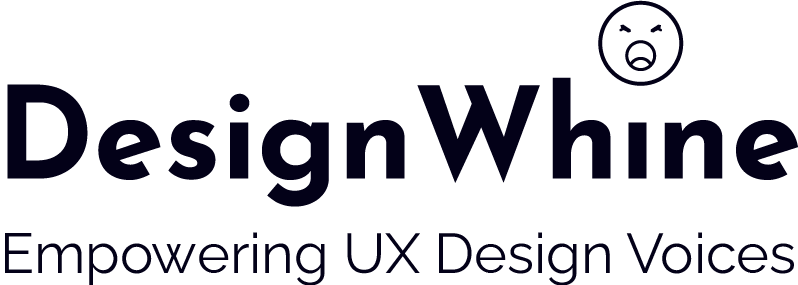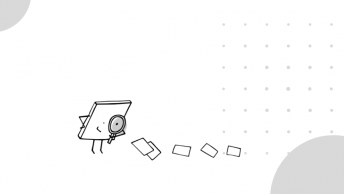An Experience Designer born and raised in New York City, Frankie, quite early in her career, began posting tips and tricks that she learned along the way on LinkedIn and Instagram. In 2020, she was honored as a LinkedIn Top Voice in Design which helps her keep breaking the design barriers.
Were you ever a victim of imposter syndrome during your design career? How did you cope with it?
I would say for me, the biggest time I struggled with imposter syndrome was at the beginning of my career as mine took off quicker than I expected primarily due to my UX content creation. I found myself in a mentor position very early on in my career, at a time when I felt like I was still a mentee. So this constant battle between advising others while still growing myself led me to struggle with imposter syndrome.
What helped me was not forcing myself to remove it completely from my life but rather working on how it affected my mindset. Instead of telling myself that there are many larger intimidating fish out there who are my competition, I started thinking through the lens of there being many medium fish out there who I can use as resources who could help me better my skillsets.
Do you think imposter syndrome plagues the UX design community more as compared to other communities? Why?
Yes, and I believe this stems from the chicken or the egg phenomena that occurs on the job market right now. The idea that in order to gain your first job you need years of UX experience, but in order to get that UX experience you need that first job. I think this high barrier of entry creates a feeling of a need to be a unicorn not only in the UX field, but also in other areas of their life as a way to help themselves stand out in the pool of other junior designers, which just ultimately increases the likelihood of imposter syndrome.
What would be your advise to young designers trying to fight imposter syndrome?
My first would be don’t! Imposter syndrome is something that I’m convinced we all go through at one point (or at many) in our careers and in all different forms. However, I think it is important to let yourself accept it since this way you can work around it and not let it interfere with your career growth and work.
That is why I would also advise young designers to find one or a group of mentors or individuals in the field they can go to for support. I think being able to have people you can talk about this with is instrumental and will really help you grow as a designer.









